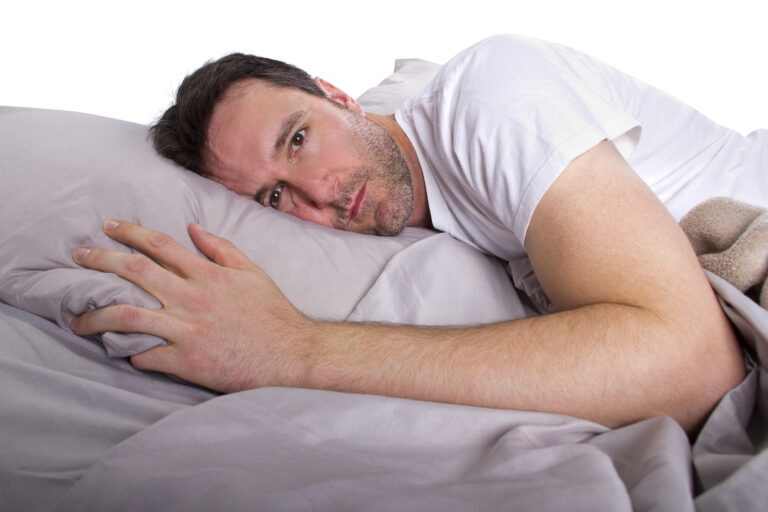I am amazed at how few people sleep well. These days, I’m more surprised than not when someone says they sleep great! Sleep deprivation has some far reaching ramifications.
When you don’t sleep well, you suffer. You drag yourself up, grab for anything that will jolt some life into you (at the risk of other aspects of your health), and muddle through life, hoping against hope that maybe, just maybe, tonight will be different. Usually, it isn’t.
When you don’t sleep well, your health suffers. Insomnia sufferers experience more than sleepiness and tiredness, but also, a deep, profound fatigue. They have difficulty with things good sleepers take for granted: the ability to concentrate and remain on task, to be alert when driving, to feel vital and alive. Instead, they feel mental fogginess and poor concentration, decreased alertness and performance, depression, anxiety, worrying, tension and irritability. They frequently suffer difficulty in making decisions, slower reaction times, decreased memory and emotional instability. They are at increased risk of immune challenges, muscle achiness and hormonal fluctuations, and are at higher risk for obesity, heart disease and diabetes.
When you don’t sleep well, people around you suffer. Typical poor sleepers are irritable, easily frustrated, angered or moved to tears. Because they suffer energy losses, others have to take up the slack in doing chores and other routine needs. Children and spouses frequently don’t get to do as much as desired because fatigue prevents it.
When you don’t sleep well, your work suffers. Performance isn’t up to par, it may take longer to learn skill sets (thereby frustrating trainers, and costing the company more), increased time loss from work, and increased errors on the job. This could cost a company dearly, or cost the person loss of life or limb.
Although chronic sleep deprivation leaves the person energy-challenged, many push through despite the hardships, because they have to. Because their deeper sense of responsibility to their co-workers and their family over-rides how they feel, they trudge on, hoping for relief in the near future.
Many sufferers turn to drugs to help, but drugs have their own problems. Most complain of feeling drugged in the morning, clumsiness, drowsiness and dizziness. Bowel, urination and sex drive issues are not uncommon. While these drugs are synthetic and can be addictive, there are many natural substances that can be used to improve sleep, without those detriments. Consulting with a practitioner who is well versed in alternatives (including acupuncture, chiropractic, herbal remedies and diet), can be quite helpful. There are many causes of an inability to sleep. Most are within our control, and much can be done to improve sleep, but we just need to be made aware of them. Rarely is there only a single cause (unless it is a medication side effect). Generally there are multiple reasons that all combine together. Everyone is unique, which is why it is so beneficial to consult with a competent health practitioner.
©2012 Holly A. Carling, O.M.D., L.Ac., Ph.D.







